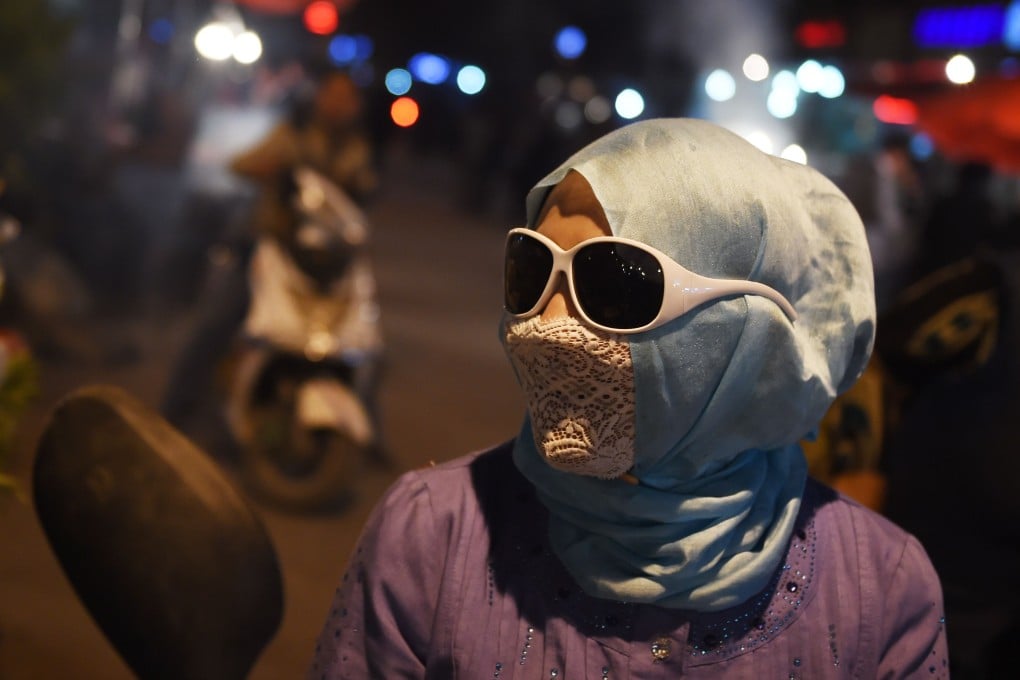Behind the veil: China’s policies in restive Xinjiang hurt traditional minority businesses
The Chinese authorities in the region - home to mostly Muslim Uygurs - have banned veils and other Islamic coverings

The Silk Road trading centre of Kashgar has been Muslim for centuries, but despite hordes of people thronging the main bazaar, Gulnur’s headscarf shop had barely any customers.
As violence increased last year in China’s far western region of Xinjiang , home to mostly Muslim Uygurs, authorities banned veils and other Islamic coverings – wreaking havoc on her business.
We’re all branded as terrorists because of a few bad people. The Chinese don’t understand that we’re not all the same. Regulations like this will only alienate people
“We’re all branded as terrorists because of a few bad people,” said Gulnur, who is Uygur.
“The Chinese don’t understand that we’re not all the same.
“Regulations like this will only alienate people,” she added.
It is an example of the challenges Beijing faces pacifying the region, where Uygurs accuse the government of discrimination and restrictions on language, culture and religion.
Xinjiang shares a border with Afghanistan and Pakistan. Authorities blame the violence – which has increased in intensity and spread beyond the region in recent years, with more than 200 people killed in 2014 – on Islamist separatists.
